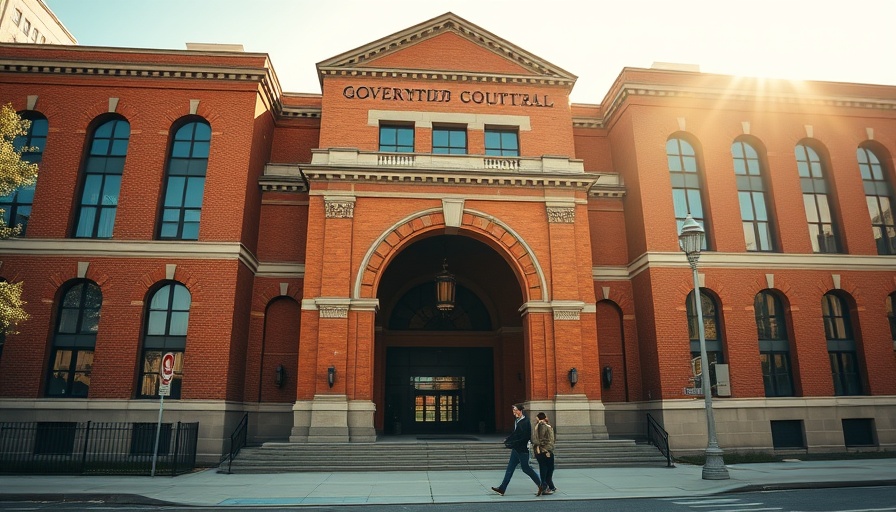
Massachusetts Judge Issues Apology to Conservative Justices
In a surprising turn of events from the Moakley Federal Courthouse in Boston, Judge William G. Young publicly apologized to Supreme Court Justices Neil Gorsuch and Brett Kavanaugh, emphasizing the need for compliance with the court’s directives. This came nearly two weeks after the justices issued a stern warning to lower court judges not to "defy" the Supreme Court’s orders, highlighting the tense dynamic between the Trump administration and the judiciary.
Understanding the Apology's Context
The apology arose during a hearing focused on moving forward after the Supreme Court overturned Young’s earlier ruling that blocked the Trump administration from eliminating substantial grants issued by the National Institutes of Health (NIH). At this hearing, Young expressed that he had not grasped the implications of the Supreme Court's brief emergency orders, which left crucial legal questions unresolved. He stated, "I can do nothing more than to say as honestly as I can: I certainly did not so intend, and that is foreign in every respect to the nature of how I have conducted myself as a judicial officer." This incident underscores the complexities faced by lower court judges who must navigate ambiguous Supreme Court orders, often issued without detailed reasoning.
The Impact of Supreme Court’s Decisions
The Supreme Court has been accused of operating increasingly opaquely, issuing a mixture of emergency orders and unjustified decisions. Recent cases have empowered the current administration, affecting millions of Americans with policies on immigration and funding for essential programs. In the recent NIH case, the Supreme Court's decision permitted the Trump administration to continue with grant terminations despite recognizing the potential illegality of the policy.
Repercussions on Research and Society
The NIH grants influenced vital research areas, including Alzheimer’s and HIV prevention, with the potential to harm public health initiatives significantly. As Judge Young noted, the motivations behind these cancellations seemed discriminatory, raising ethical questions about the judicial system's responsiveness to executive policies. This rising tension between the branches of government highlights the delicate balance of power and the critical role of judges in protecting public interests.
What This Means for the Future of the Judiciary
The events surrounding Judge Young's apology reflect broader concerns about judicial independence and the influence of political pressure on legal institutions. As the Supreme Court continues to navigate political landscapes, lower courts will likely face increased scrutiny and conflicting directives. The judicial system’s integrity relies on maintaining clear communication and adherence to the law, ensuring judges can function independently without fear of overreach or backlash.
As stakeholders and citizens, it’s crucial to stay informed and engaged with these developments, as they impact our judicial system and the fundamental rights of all citizens.
 Add Row
Add Row  Add
Add 




Write A Comment